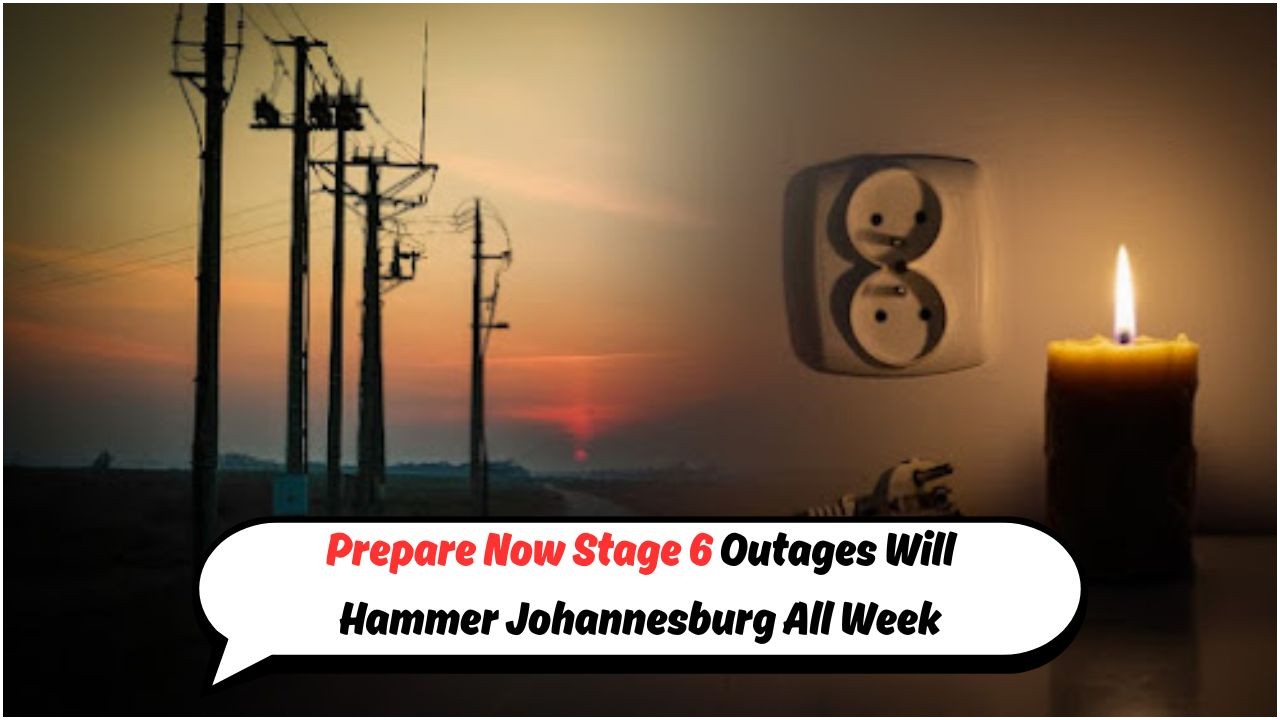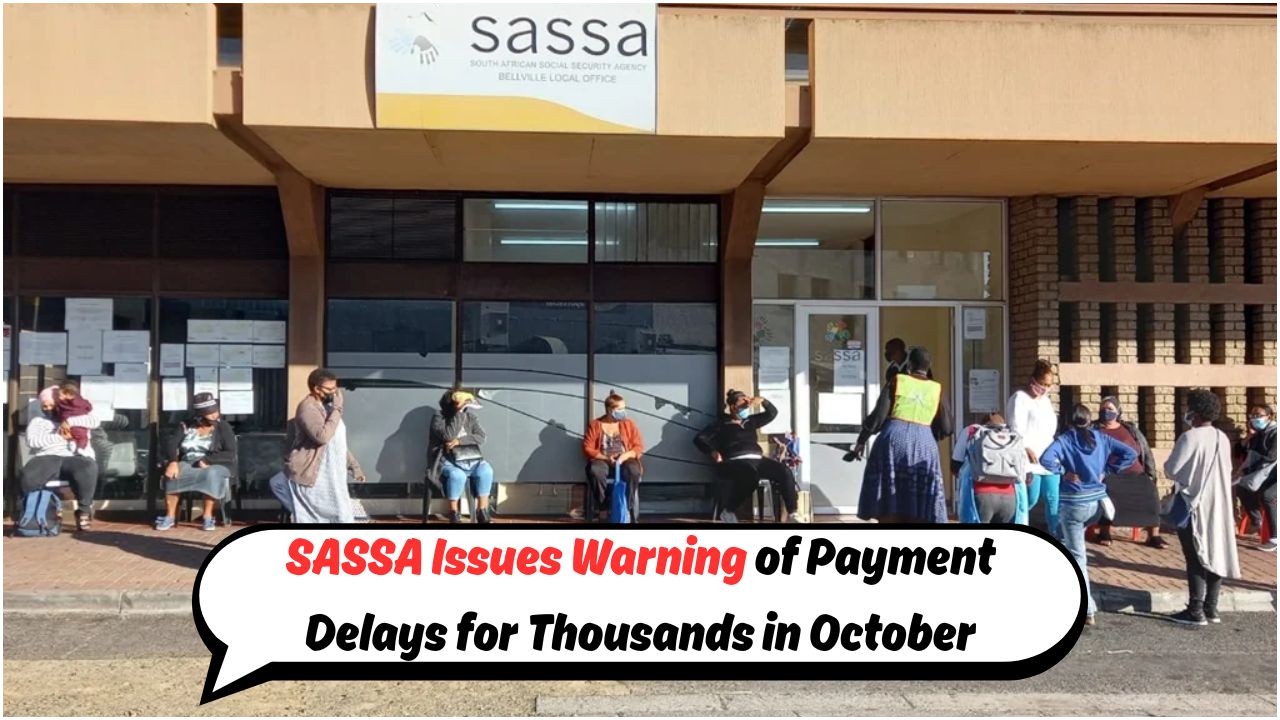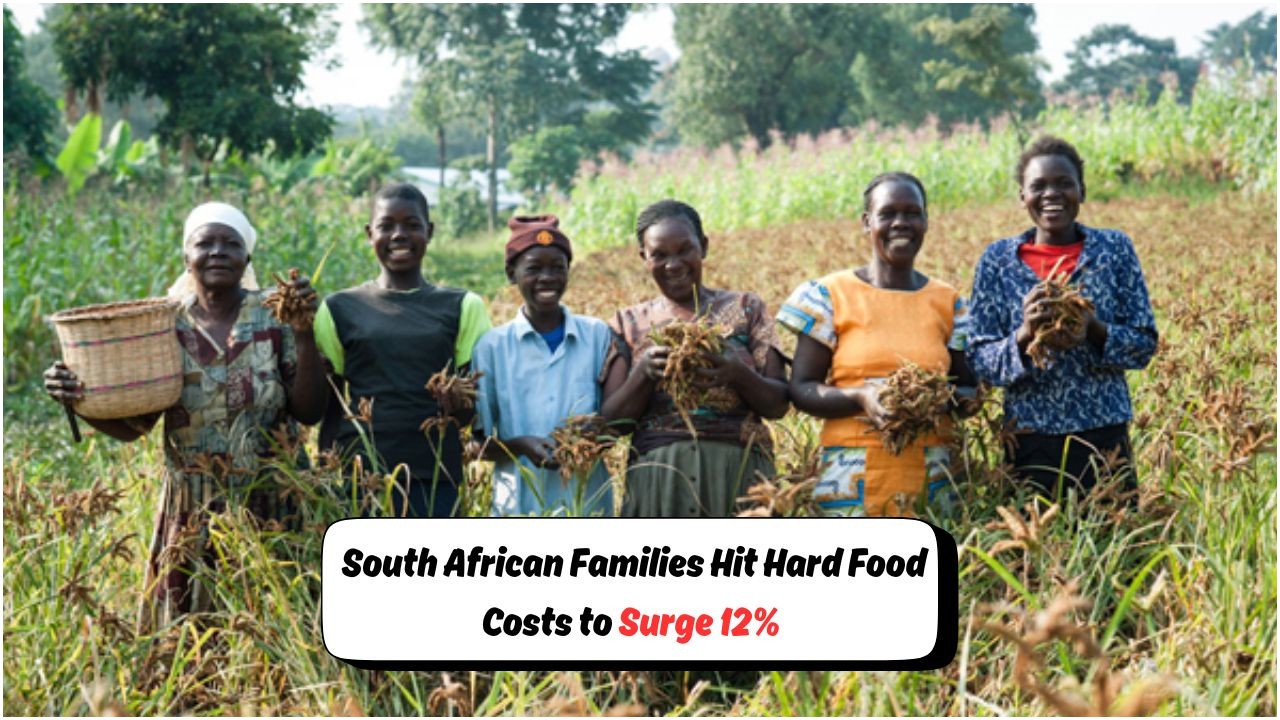South Africa Stage 6 Load Shedding: In an unprecedented power disruption, South Africa is grappling with Stage 6 load shedding, causing significant distress across the nation. This week, Johannesburg, the country’s largest city, experienced extensive power cuts, plunging entire neighborhoods into darkness. The escalating energy crisis has affected daily life, from household routines to business operations, and has raised serious concerns about the stability of the national grid. Residents are grappling with the uncertainty of scheduled outages, while businesses struggle to maintain productivity amid the frequent power disruptions. As the country faces this daunting challenge, the need for sustainable solutions and energy efficiency has become more critical than ever.
Impact of Stage 6 Load Shedding on Johannesburg Residents
Stage 6 load shedding has had a profound impact on the residents of Johannesburg. With power cuts lasting up to six hours at a time, daily life has been severely disrupted. Families are forced to adjust their schedules around the load shedding timetable, often finding themselves without electricity during crucial hours of the day. This has led to challenges in managing household chores, cooking, and even ensuring the safety and security of homes during nighttime outages. Moreover, the psychological toll is significant, with residents experiencing anxiety and frustration over the unpredictability of power availability. In a city that prides itself on its vibrancy and dynamism, the darkness has created an atmosphere of uncertainty and tension, affecting the overall well-being of its citizens.
Economic Ramifications of Load Shedding on Johannesburg Businesses
Businesses in Johannesburg are reeling under the pressure of Stage 6 load shedding. The frequent and prolonged power outages have disrupted operations, leading to decreased productivity and increased operational costs. Small and medium enterprises, in particular, are struggling to cope with the financial burden of investing in alternative power solutions such as generators or solar panels. The hospitality industry, which relies heavily on power for services like cooking, refrigeration, and lighting, has been hit hard, with many establishments reporting significant revenue losses. Additionally, manufacturing sectors are facing challenges in meeting production deadlines, which could have long-term implications on trade and economic growth. As companies navigate this challenging landscape, there is an urgent call for government intervention and support to mitigate the adverse effects on the economy.
 October 2025 Payment Delays: 200,000 SASSA Beneficiaries Urged to Prepare for Grant Disruptions!
October 2025 Payment Delays: 200,000 SASSA Beneficiaries Urged to Prepare for Grant Disruptions!
Government’s Response to the Load Shedding Crisis
The South African government has acknowledged the severity of the load shedding crisis and is taking steps to address the issue. Efforts are being made to stabilize the national grid and improve the efficiency of power generation. Energy Minister Gwede Mantashe has highlighted the importance of fast-tracking renewable energy projects and diversifying energy sources to reduce reliance on coal-fired power plants. Additionally, Eskom, the national power utility, is implementing maintenance and upgrade plans to enhance infrastructure resilience. However, these measures will take time to bear fruit, and citizens are urged to remain patient and conserve electricity where possible. The government’s response has been met with mixed reactions, with some praising the proactive approach and others criticizing the pace and effectiveness of the solutions being proposed.
 SASSA Payout Dates for August 2025 Announced: Full Grants for Seniors, Children, and Foster Families
SASSA Payout Dates for August 2025 Announced: Full Grants for Seniors, Children, and Foster Families
Exploring Long-term Solutions for South Africa’s Energy Crisis
As South Africa continues to grapple with load shedding, exploring long-term solutions has become imperative. Transitioning to renewable energy sources is a key focus, with solar, wind, and hydroelectric power offering sustainable alternatives to traditional coal-based energy. Encouraging private investments in renewable projects and fostering public-private partnerships can accelerate the shift towards a more sustainable energy landscape. Additionally, energy efficiency measures, such as smart grid technologies and demand-side management, can play a crucial role in optimizing electricity consumption and reducing wastage. Education and awareness campaigns are also essential to promote energy-saving practices among consumers. By adopting a comprehensive and forward-thinking approach, South Africa can not only overcome the current energy crisis but also pave the way for a greener and more resilient future.





